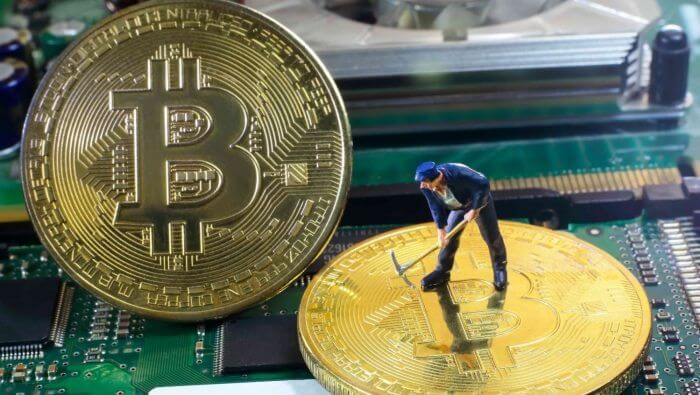
August 2017’s hard fork served as a major event in the crypto market, and began the slow migration of bitcoin holders to bitcoin cash. The event was the result of a disagreement on whether the chain’s block size should be increased to accommodate more data on the, or remain static and rely on second layer software instead. The issue of the upgrade divided the bitcoin community, and both sides have been redeemed in various ways. While bigger blocks proved to be beneficial to the crypto community, and offered faster transactions as promised, progress on off-chain solutions like the Lightning Network are also encouraging.
Many of the people who were upset with the fork had ab stake in bitcoin, and did not want to lose their investment, even if it meant the idea of cryptocurrency would have a better chance to spread. Regardless of traders, wider potential for adoption, or price, these perspectives are less relevant, gicven that the hard fork was truly the most beneficial for one group above the others: miners.
Who Benefited from the Fork?
Bitcoin holders and traders received free bitcoin cash coins that echoed their individual stake in the original cryptocurrency. Faced with the decision of whether to hold onto the new digital coin in their wallets, or trade them via exchanges, most let their loyalty dictate their actions. Some decided to sell their bitcoin cash for more bitcoin, while others decided to go sell their bitcoin for more of the new token. There were also those who decided to hold onto both versions, waiting for the market to determine which of them would be left standing in the end.
Exchanges reaped the rewards of the original fork because by listing bitcoin cash, they received increased volume and made more money on fees. Thanks to its almost identical architecture, bitcoin cash was inexpensive to integrate, and this idea in turn made it more accessible to traders. In this instance, this interaction was mutually beneficial, as bitcoin and bitcoin cash both received access to additional new liquidity and users. However, despite the overwhelming benefits to all the community’s stakeholders, many argue that miners were the ones to benefit from the hard fork the most.
Miners Win
The aftermath of the fork saw a new paradigm reign in the cryptocurrency world. The differences between how two algorithms adjusted mining profitability meant that miners were able maximize the profits they made from participating in the blockchain. One day bitcoin might be more profitable to mine, another day bitcoin cash. The miner’s role is to verify transactions, and they serve the greater purpose of releasing new tokens into circulation as well. Miners who keep the cryptocurrency they earn from both chains, especially as they switch between them, cam drive the value of each coin upwards and optimizes their profit per kilowatt hour simultaneously.
The similarity between bitcoin’s algorithm and bitcoin cash’s algorithm not only allowed for this comparison, it made it possible to capitalize on it. Both chains use the SHA256 protocol, which requires a special kind of computer to mine, meaning that those who could once mine only bitcoin and similar altcoins, suddenly had a new option.
Bitcoin cash’s Emergency Difficulty Adjustment (EDA) tool is the root of its contrasting profitability with bitcoin. The complicated algorithm examines how long it took each new block and the five preceding blocks to handle all transactions. If the processing time was longer than 12 hours, EDA drops the difficulty level by 20%. If bitcoin should begin to lose profitability compared to the power it takes to mine, miners often switch to bitcoin cash to take advantage of better conditions and better returns.
The Importance of Fair Mining
Bitcoin core decided against the block size increase because retail investors and their computers would not likely be able to handle storing a bigger blockchain. Given the importance of miners to the ecosystem, this may have been a smart move. Smaller blocks mean more decentralized mining, yet it’s hard to compete with bitcoin cash’s fast transaction speeds. Miners’ important role in the cryptocurrency ecosystem should not be ignored, and bitcoin cash risks relying on institutional miners more as blocks increase in size.
The disagreement around the block size is still going strong even after the hard fork, and there is no clear winner. As it is, a powerful community within the cryptocurrency realm chose to sacrifice the blockchain’s decentralized nature to provide its believers a network that enables faster transactions. No one can argue that bitcoin cash deserves its shared moniker. While it allows traders to move their digital coins quicker around the blockchain, it also empowers miners with existing hardware and infrastructure to capitalize on the trend.

